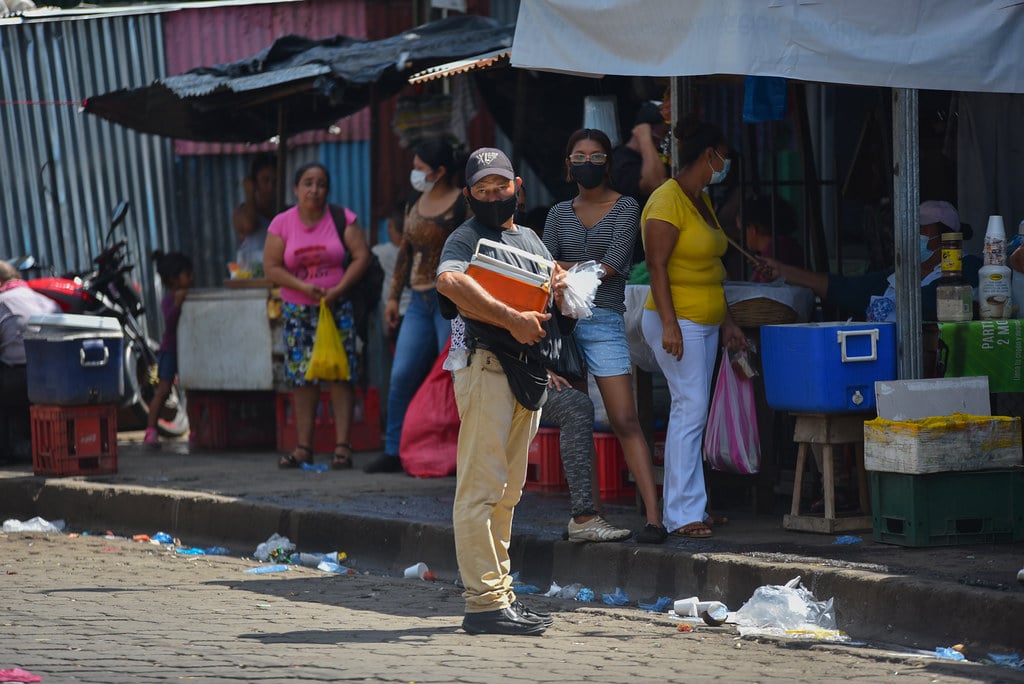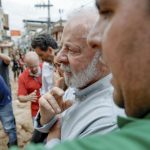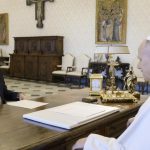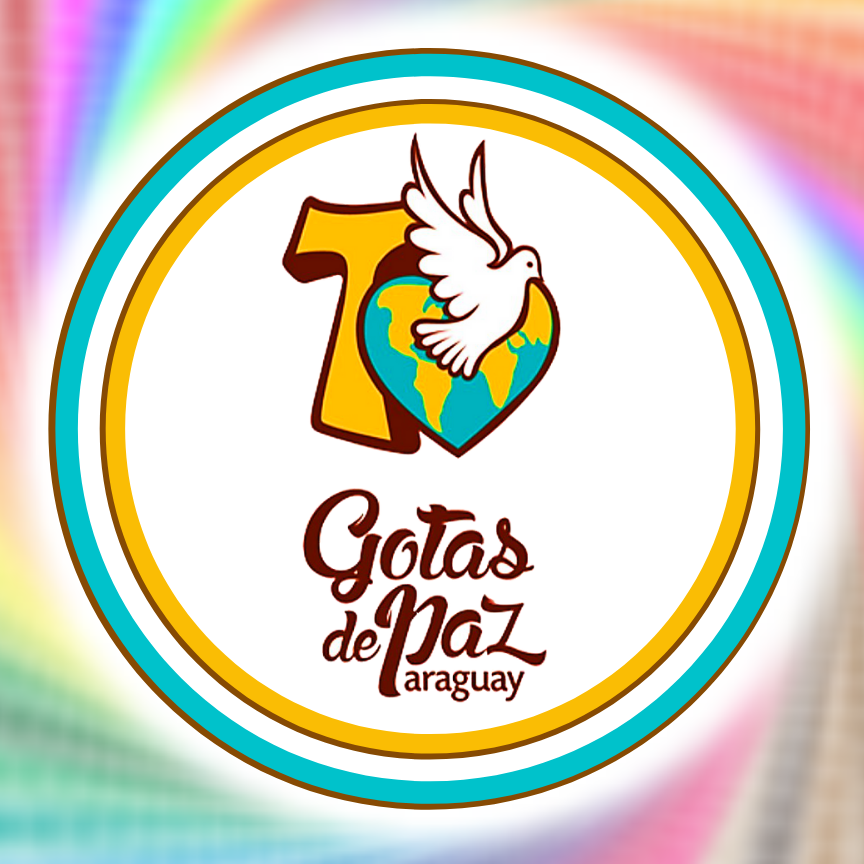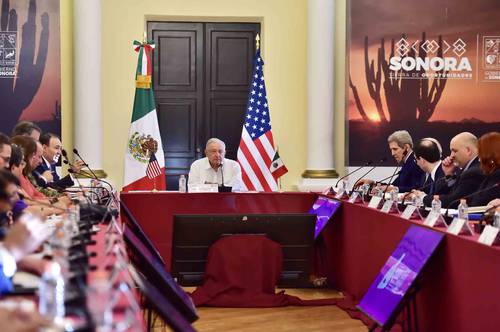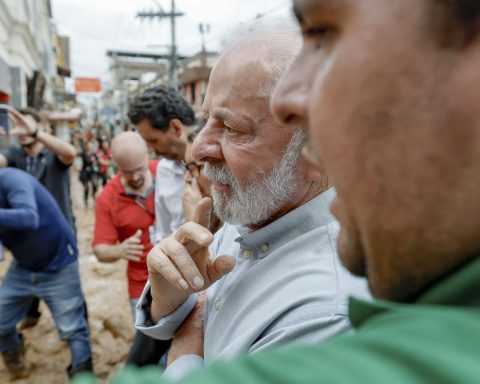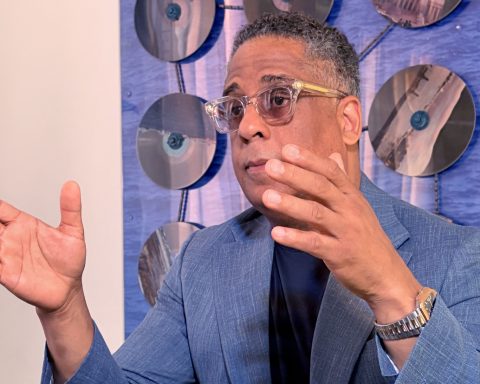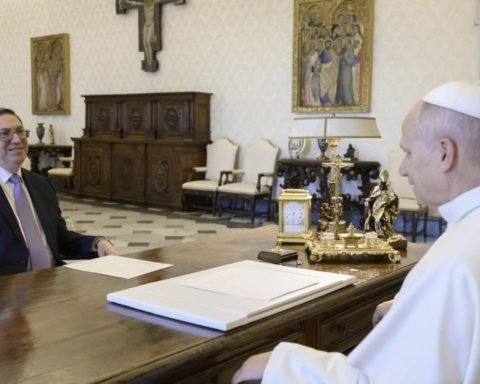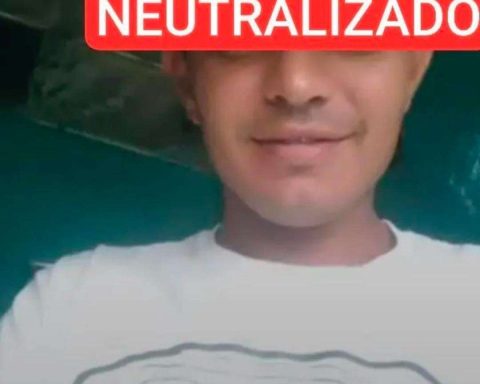The latest public opinion poll by the Costa Rican firm CID Gallup was conducted in Nicaragua between September 26 and October 10, through telephone interviews with 1,200 citizens over the age of 16, with an active cell phone line, and has a margin of error of +/- 2.8.
“In Nicaragua there is a lot of despair and a desire for change, but this is not in sight at this time,” explained the director of CID Gallup, Luis Haug, when analyzing the results of the survey, which also confirms the desire to migrate of 58%. of Nicaraguans, the increase in the cost of living, the growing unpopularity of Rosario Murillo and Daniel Ortega, and the abstentionist trend in the next municipal elections.
This survey was conducted among 1,200 Nicaraguans distributed throughout the national territory who have a cell phone. How did CID Gallup reach these 1,200 people and get them to respond under the climate of fear and police state in Nicaragua?
We obtain the sample randomly, in such a way that we can cover the entire country and have a representation of the adult population, over 16 years of age, residing in Nicaragua. Our ‘call centers’ (are) in Costa Rica and Panama and, when the citizen in Nicaragua is receiving the call, the prefix that comes out is from a number abroad. This gives them enough confidence to also answer political issues. The numbers are chosen randomly.
To get to those 1,200 responses, how many people did you have to approach and ask if they were willing to give an interview?
Approximately 10,000 people, that is, for every ten calls that we make and that we manage to speak with someone, we obtain approximately one person who is already willing to give us the interview. Others are busy, they are on their way to work, they are now ready to undertake other activities and therefore they cannot answer us. It is a percentage similar to what we observe in other countries.
In the survey, 33% say that Nicaragua is on the right track and 64% say that it is on the wrong track. It strikes me that when looking at the data for the capital, Managua, the correct path drops to 27% and the wrong path rises to 70%.
At the moment, Nicaraguans are very pessimistic. Two out of three citizens consider that there is no direction, that they are going down the wrong path, where this is generating distrust, pessimism.
Between January and May, 58% said that the cost of living was increasing, now that rose to 74% in four months, what do the respondents say?
The perception of the interviewees is that the money is not enough for the price of basic items, to be able to access the needs of the home is higher every day and, added to the lack of employment that is being perceived in the country and the a large number of people who are in need of a better job, better income, today people do not have enough money.
18% say that once a month they do not have money to buy food and the survey says that more than 50% are in a situation of food insecurity.
Definitely, there is hunger right now in Nicaragua, the high cost of living is already having a direct impact on the citizens’ table, and we see that more than half of the people are already afraid that at some point, along of the month, they will not have anything to eat.

Is this data from rural areas in the interior of the country or does it also cover the main cities?
Unfortunately, it is already happening at the country level, in rural areas, in urban areas, in the capital itself there is also a lack of money to cover family food.
64% say that the economic situation of their family is worse than last year, and when they ask about the economic situation of the country, the answer is identical, 64% say that it is worse.
The economy of the country, it is perceived, is deteriorating. This is having a very direct impact on families, there is a feeling that much of this deterioration in the quality of life of citizens is due to the high level of corruption that exists in the Government and that for this reason the different aid or actions that could be taken to improve the current situation are having an impact on the country’s economy.
The survey asks if paying a bribe allows citizens to obtain better services or in a more expeditious manner. However, the answers are divided.
There are a variety of opinions, but the payment of bribes is present in Nicaragua and a relatively large number of citizens, and especially those with higher education and residents in urban areas, tend to think that the payment of these bribes will facilitate access to the various public services.
In summary, the country’s main problems, according to those surveyed, are lack of employment (26%), high cost of living (24%), government corruption (18%), and citizen insecurity (9%). Have these answers been constant throughout the year or is there any change?
We are observing the consolidation of economic problems at the country level that are already having a direct impact at the household level and corruption is also mentioned a lot, because people are already blaming all this on bribes, on different payments that have to be made and enrichment illicit activities that are perceived in the different leaders impacting the country’s economy.
58% of those surveyed say that they would emigrate from the country if they had the resources, mainly to the United States, Costa Rica, and Spain. Last Thursday, for the first time, Daniel Ortega admitted that there is an exodus in Nicaragua, but he blamed the United States and says that people are emigrating because of US sanctions. What do Nicaraguans say in this survey?
There are two reasons for wanting to migrate. One is that the country of destination attracts the citizen, because the hope of a better quality of life is on the other side of the border, say, in the United States. The other is when the country of origin expels its citizens because it is not providing them with basic necessities. Currently, in Nicaragua, a very important reason is being given and it is the lack of money to be able to have a decent quality of life. People are wanting to leave because they perceive (that) there are no jobs in the country and -those who have work- the income is not enough to cover their basic needs and, therefore, they are forced to go out and look for new directions . Not because they want to leave Nicaragua. In the vast majority of cases, when one talks with them, they want to remain united in their families, but it is already a necessity for survival, both for them and to be able to hope to provide money with remittances to the families that remain.
How much does the political situation weigh, the lack of freedoms and on the other hand the economic factor?
The political situation weighs relatively little for the vast majority of the population. If there is a higher-level group that is more educated, prepared, with greater influence in the different media, that expresses fear and, therefore, political reasons for wanting to emigrate. But the vast majority of the population, especially the middle and lower strata, are exposing economic reasons for their desire to leave the country.
59% say that they disapprove of the Ortega government and 36% give it their approval, but when asked what chance Ortega has of solving the problems, we see that 59% say that it is little or not likely at all, and the expectations of solutions go down from 36 to 28%.
This is highly correlated with the direction of the country and what people perceive at the moment is that the approval of the Government of Daniel Ortega is negative. Two out of three people are saying: I don’t like the work you are doing, and it is also highly correlated with the confidence that you can help solve the problems they are experiencing and, when we see the direction of the economy, there is little faith in they.

In the evaluation of public personalities, there are seven political prisoners and among them, six presidential candidates who have a better rating than Daniel Ortega and Rosario Murillo, and the vice president is the personality who has the highest rate of negative opinions.
These indices reflect the discontent that exists with the current government and at the same time the good image that the opposition and different leaders have that, prior to the presidential elections, people were waiting for a change, as we observed in the different countries when the course of the country is wrong. Of course, if we go down a bad path, what does the population want: look for new options, which at the moment, unfortunately, are in jail or housed in jail.
However, the public figure who appears with a more favorable opinion in this survey is Reina Rueda, a public official, the mayor of Managua.
Yes, Mrs. Rueda is a person who has been relatively neutral with respect to political issues. She has been to openings, to events with a relatively smiling, friendly, welcoming image. While other actors, within the same municipality, are the ones who have been carrying the different political burdens.

51% have a bad or very bad opinion of the mayors, practically all of whom are from the Sandinista Front, and only 30% have a positive opinion.
The approval that they receive in the municipality is negative, and let us remember that the mayor is the representative with whom the citizens are closest. Here there is no clear transparency of the people regarding whether or not they could change them in the next elections.
Within a week in Nicaragua there will be a call for municipal elections, without any opposition party or candidate. According to the survey, 52% say they will not vote, 39% say they will, and 9% don’t know.
We see an intention to refrain from participating. This is also related to the disagreement with the different current leaders. We also see that, given the economic needs, a lack of interest in political affairs is increasing in the country, which directly impacts the intention to participate in the next elections.
How do you interpret the answers to the question about partisan sympathy? 52% say that they do not sympathize with any political party, 37% say that they sympathize with the FSLN, 9% do not know, PLC: 1% and others: 1%? In previous polls, the Sandinista Front had fallen to 15%. Is there a recovery of the ruling party?
Most of all it is for the moment. This is observed in the different countries when elections are near, and especially when there is a group that is expected to be the victor in the elections. There is an approach more than anything for political patronage, of this I identify myself with them so that -in case I win- obtain some favor in return.

The survey reveals that 61% somewhat or not at all agree that priests have to leave the country due to pressure from the government: 15% say they somewhat or strongly agree and 9% do not know. Meanwhile, 63% disagree with the closure of Catholic radio stations by order of Telcor.
Here (there is) a people telling the Government not to interfere or keep religion separate from politics. Priests do not have to be expelled, they have the right to remain within the borders and there is no government that has the right to expel them.
The population does not approve of having closed these radio stations either. People are asking for greater freedom, greater right of expression, greater right to be able to act and to be able to work without having to worry about one or another government action.
According to this survey, how is Nicaragua today a year after the electoral farce of November 7, 2021, in which Daniel Ortega declared himself president?
In many of the households, the income is not enough to cover basic needs and, therefore, people are willing –if they had the opportunity– to be able to migrate. There is despair regarding the future and regarding the actions of the Government and for this reason people would look for a change, but they are not seeing it right now.
